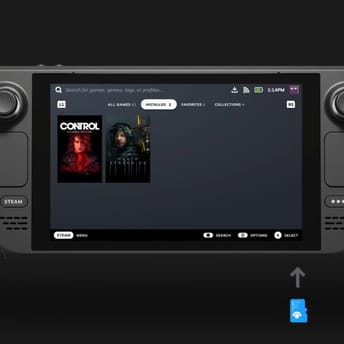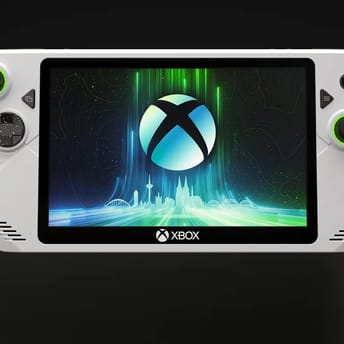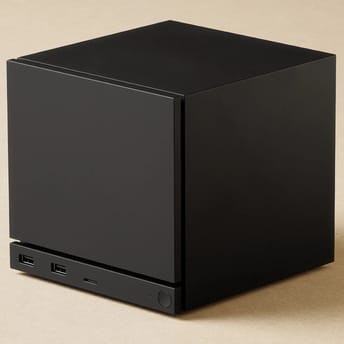ROG Ally 2 and Xbox-Branded Handheld Leak Ahead of Official Reveal
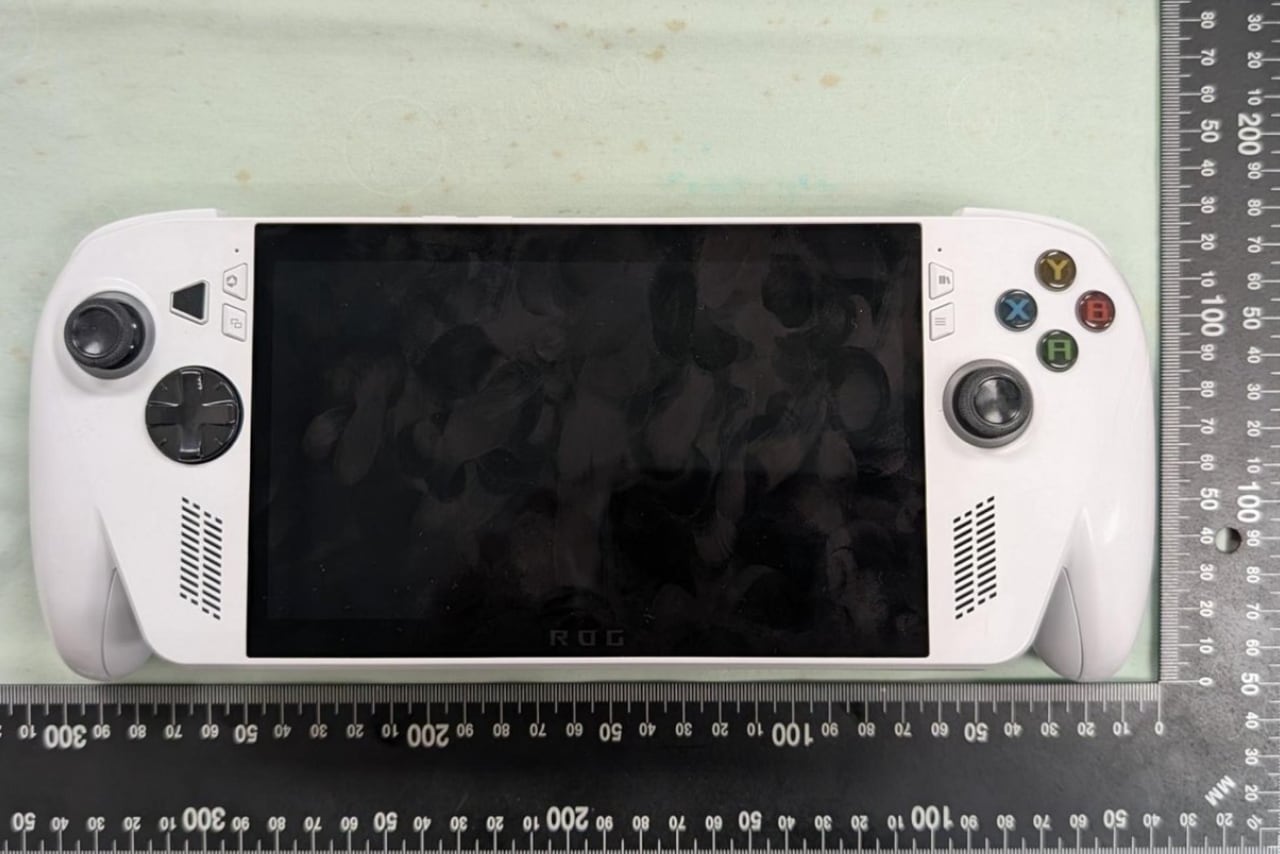
|
|
Key points
- Two ROG Ally 2 models leaked via the FCC: a white standard model and a black model with an Xbox button.
- The black model features the AMD Ryzen Z2 Extreme (8-core, 36W) and 64GB LPDDR5X RAM.
- ASUS is expected to reveal the devices at Computex 2025.
ASUS’ next generation of handheld gaming devices appears to have leaked via FCC filings, revealing two models under the ROG Ally 2 name. The devices have also been spotted at the Korean Radio Research Agency (RRA) and Indonesian DSPPI Postel certification.
The documentation shows a redesigned exterior, larger grips and a 7-inch 120Hz display. Notably, one variant—finished in black—includes an Xbox-branded button, suggesting potential collaboration or deeper software integration with Microsoft’s ecosystem.
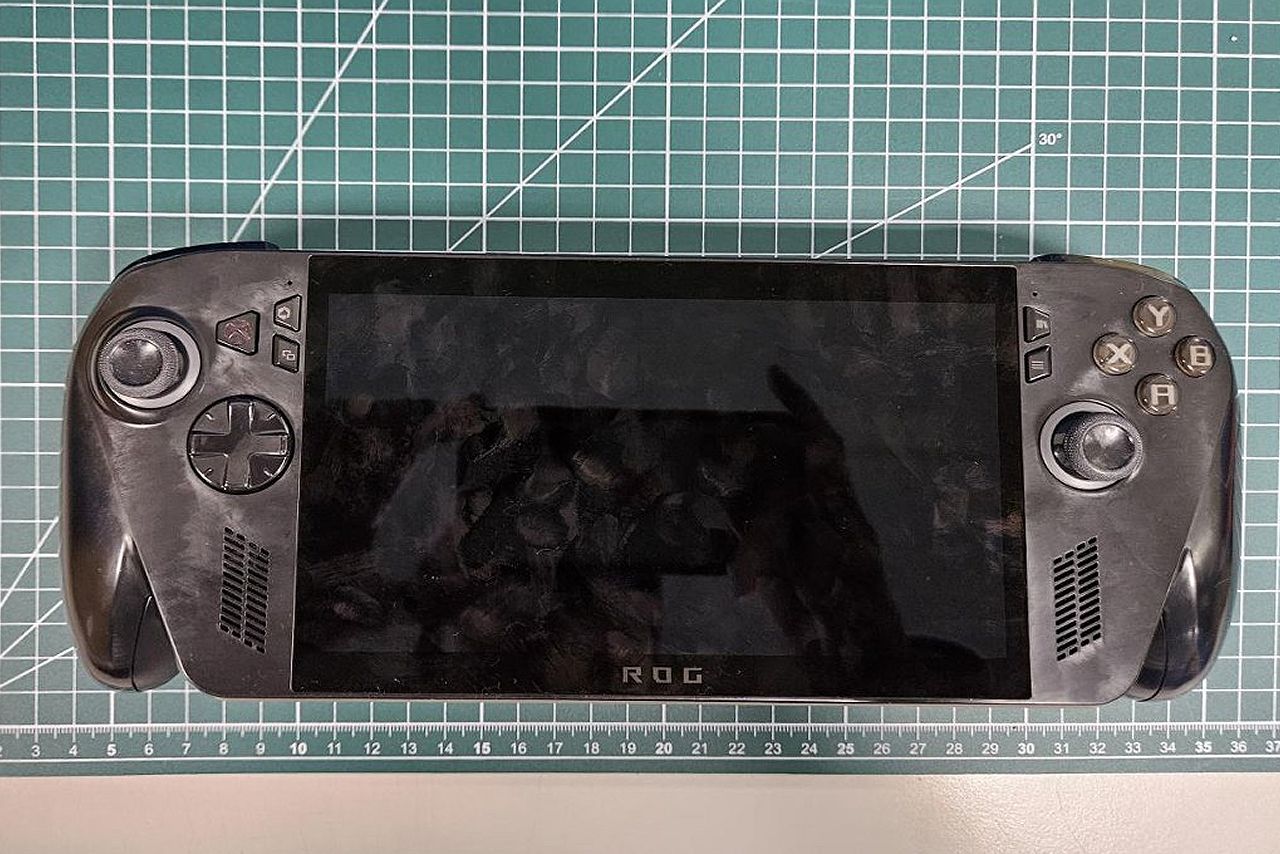
The leak aligns with earlier reporting in March, which revealed that Microsoft is developing an Xbox-branded handheld device for release in late 2025, alongside a new-gen Xbox console in 2027.
According to reports from VideoCardz, the black ROG Ally 2 model will feature the AMD Ryzen Z2 Extreme chip with 8 cores, a 36W TDP and 64GB of LPDDR5X-8533 RAM, making it one of the most powerful handhelds to date. The white model uses a more modest AMD Aeirth Plus chip (4 cores, 20W), a successor to the Steam Deck’s Van Gogh APU.
For comparison, Valve’s Steam Deck runs on a custom 4-core AMD APU (Zen 2, 15W) with 16GB of LPDDR5 RAM. Both ROG Ally 2 variants exceed that in power, with the Z2 Extreme quadrupling available memory, pointing to a significant generational leap in performance.
The leaked photos confirm the return of dual USB-C ports and back buttons. The overall design appears bulkier than its predecessor, likely to accommodate increased power and cooling requirements.
The devices have yet to be officially announced, but a reveal is rumored to happen at Computex 2025 or during the upcoming Summer Game Fest in June.
The original ASUS ROG Ally launched in June 2023 as a Windows-based handheld gaming PC, positioned as a direct competitor to Valve’s Steam Deck. Despite offering more powerful hardware and native Windows support, the ROG Ally trails far behind the Steam Deck, which holds more than half of the PC gaming handheld market. While praised for its performance and versatility, the Ally faced criticism for battery life and software optimization, limiting its market traction compared to Valve’s more established ecosystem.

